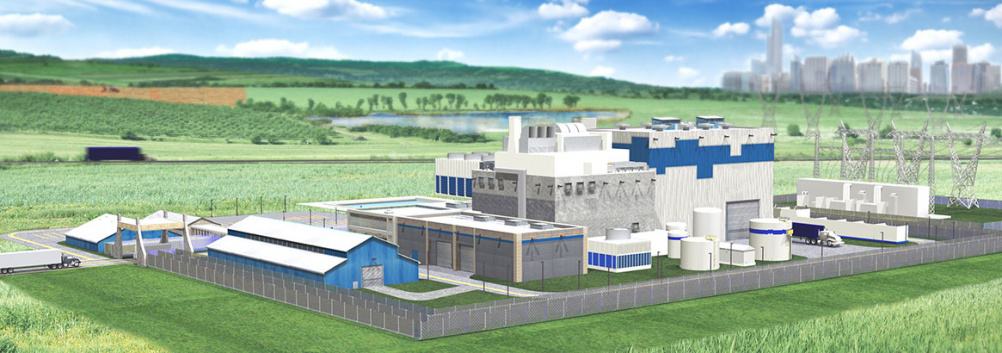The Nuclear AMRC examined Westinghouse Electric Company’s SMR design, focusing on the concept's reactor pressure vessel (RPV). The RPV is one of the largest parts in any reactor and contains the reactor coolant, core shroud, and the reactor core. According to the AMRC, Westinghouse’s proposed use of indigenous advanced manufacturing techniques offers a potential 50 per cent reduction in delivery lead times as well as substantial cost savings to SMR manufacturing.

“The ability to locally source the steel, forge, machine and then assemble all of the Westinghouse Small Modular Reactor RPV is a significant finding and builds on our unique offering to the UK government,” said Jeff Benjamin, Westinghouse senior vice president for new plants and major projects.
“We are confident that our innovative approach and ability to localise our supply chain and manufacturing in the UK further demonstrates our commitment to developing SMR technology in the UK.”
Westinghouse’s Springfields facility near Preston employs more than 1,000 people and allows for SMR fuel to be manufactured locally. The company claims it is the only SMR technology provider with this capability. According to the company’s website, its SMR design includes passive safety features to shut the plant down automatically in an emergency and keep it cool without human intervention or AC power for seven days.
The Westinghouse SMR is designed to produce 225MWe of power over a 60-year lifespan, with a site footprint of 15 acres. This compares to the combined 3200MWe that would be produced by the two reactors at Hinkley Point C, meaning around 14 SMR sites would be needed to match that capacity. Last month’s budget saw the government announce a competition to help develop the next generation of small modular reactors, as doubts over the future of Hinkley C persist.




Collaboration to address viable solutions for VAWG database
<blockquote>address the lack of standardisation, coordination, and collaboration of gender disaggregated data intelligence across various regions,...